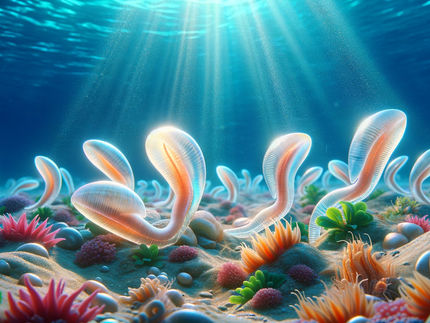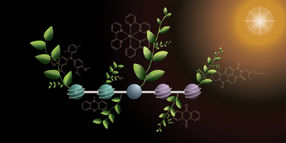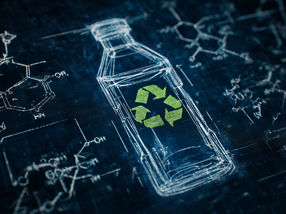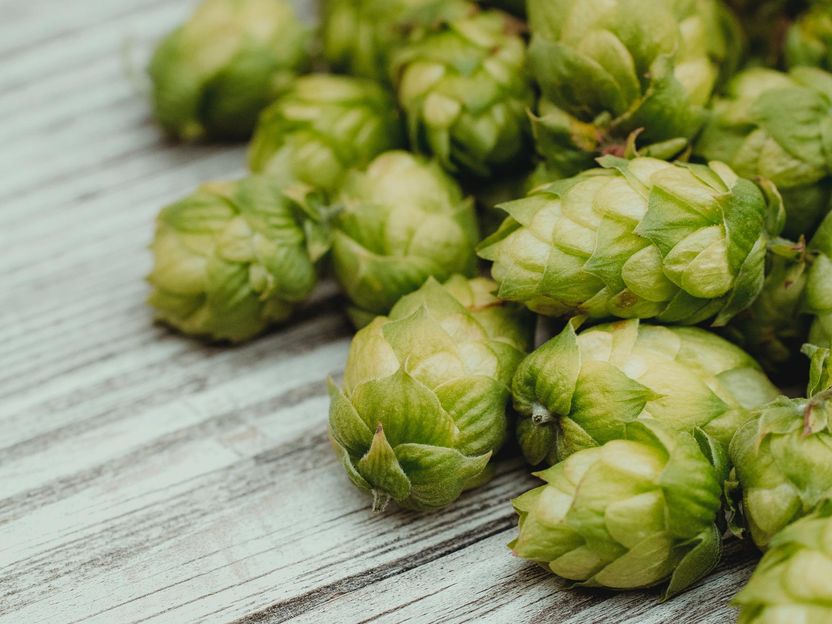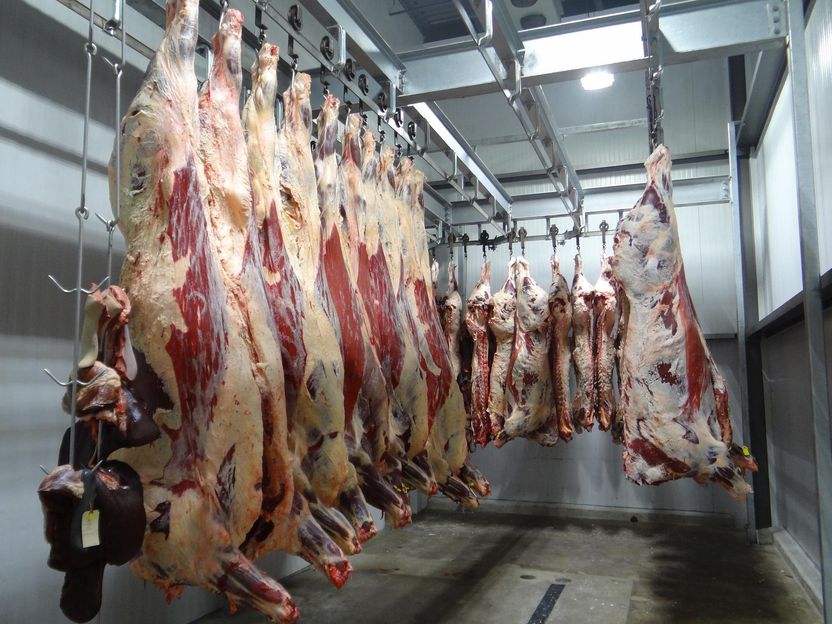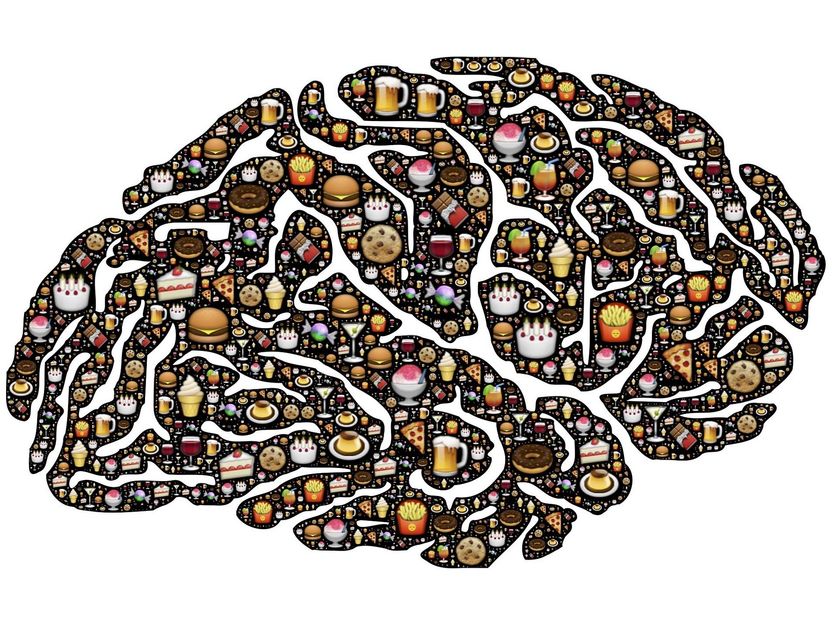How toxic is the fish from open seas really?
Expert clarifies how healthy our fish fillets really still are
Advertisement
In the past, some information about fish has come to light that calls its consumption into question. In particular, fish from the open sea are said to be exposed to high levels of pollutants and are full of microplastics. But how toxic are these fish really?

Fresh sashimi quality pike perch
Deutsche Edelfisch GmbH
"Justifiably, farming in floating net pens has already been banned in some countries because of the pollution of the oceans - making the consumption of free-living marine fish extremely questionable as well," explains Hans Acksteiner. He is a specialist in aquaculture and knows what fishing is like and what pollutants fish from the sea are exposed to. He is happy to reveal in this article how healthy our fish fillets really are.
What are the potential risks of eating fish from open oceans?
There are several potential risks to consider when eating fish from open oceans. One of these is mercury contamination, which is found in many species of fish in open oceans. Mercury is a toxic heavy metal that can accumulate in the body and cause damage to the nerves, brain and kidneys if ingested in excess.
Another potential hazard is PCB exposure. Polychlorinated biphenyls, or PCBs, are industrial chemicals that are present in open oceans. With prolonged exposure, they can be harmful to health and lead to cancer and other diseases. Overfishing is also a risk. Many species of fish in open oceans are at risk from overfishing, which can lead to the unavailability of certain types of fish or the severe depletion of fish species.
Another factor is pollution of the oceans from oil spills, plastic waste and other toxic chemicals. This can cause fish from open oceans to become toxic, and eating such fish can lead to serious health problems. To minimize these risks, it is important to choose fish from sustainable sources or farms such as indoor aquaculture.
How can consumers ensure that the fish is safe?
Eating fish from open oceans poses some potential risks, as explained above. Some types of fish, such as tuna, swordfish and halibut, are known to be contaminated with mercury and PCBs. If consumers still want to eat these types of fish, they should make sure they come from a sustainable source.
One way to verify the origin of the fish is to make sure it comes from a sustainable fishery or indoor aquaculture that uses safe practices and techniques. This way, consumers can ensure that the fish is free of toxic chemicals.
Note: This article has been translated using a computer system without human intervention. LUMITOS offers these automatic translations to present a wider range of current news. Since this article has been translated with automatic translation, it is possible that it contains errors in vocabulary, syntax or grammar. The original article in German can be found here.



